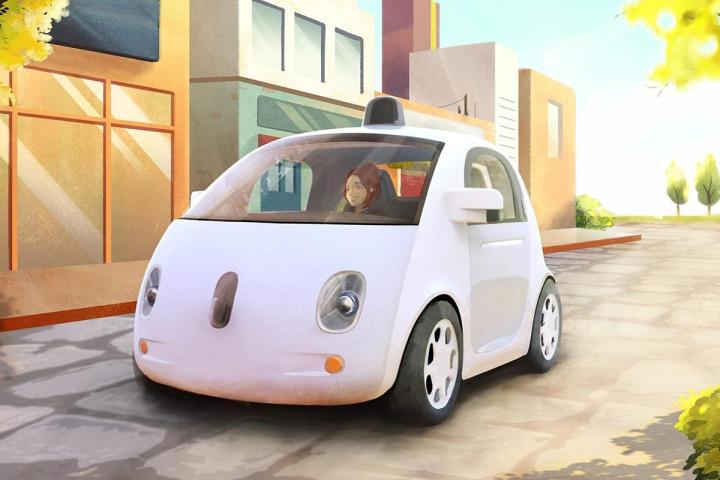
One shared autonomous vehicle could do the job of 14 cars say the academics from the KTH Royal Institute of Technology, provided passengers don’t mind sharing and are prepared to allow a little more time for their journey. What’s more, demand for parking spaces would drop by 80 percent.
“Driverless cars are the smart car, and just as revolutionary as the smartphone,” said Pierre-Jean Rigole from the KTH Center for Traffic Research. “They will revolutionize car ownership, lead to more flexible traffic, with far fewer crashes. And they will free up valuable space in cities that is currently occupied by parked cars.”
Stockholm was used as the test bed for the researchers analysis: It’s estimated that around 136,000 cars are involved in the daily commute in the city, with taxi journeys accounting for half the total traffic volume overall. By putting passengers together in cars, and using self-driving technology to optimize routes and speeds, the morning and evening crush on the roads could be almost eradicated.
With both tech companies and established car manufacturers investigating the potential of autonomous vehicles, they could eventually revolutionize the way we get from A to B on the roads. The first vehicles are scheduled to hit the road as early as 2020, though the initial wave of cars won’t be fully self-driving.
Editors' Recommendations
- Tesla Autopilot vs. full self-driving: What’s the difference?
- Beleaguered robotaxi startup Cruise lays off quarter of workforce
- Cruise woes prompt production halt of fully driverless van
- Dubai Police to deploy driverless patrol cars with AI smarts
- Waymo expands robotaxi service area in San Francisco

